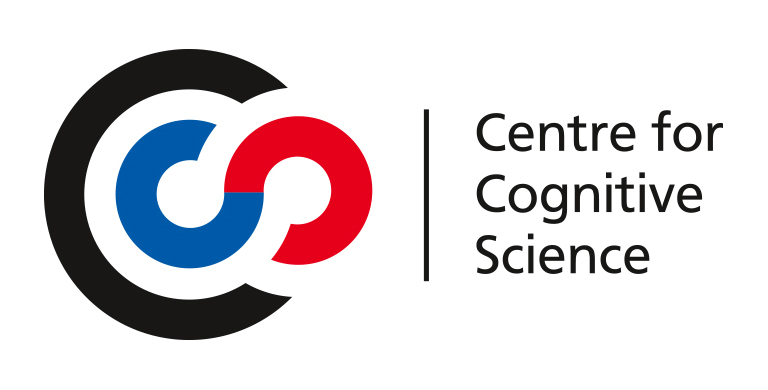The joint project “KompAKI – Kompetenzzentrum für Arbeit und Künstliche Intelligenz” (Competence Centre for Work and Artificial Intelligence) has started its work on October 1, 2020. The project, which is funded by the German Federal Ministry of Education and Research (BMBF) for five years, involves 11 research partners from Darmstadt Technical University and Darmstadt University of Applied Sciences as well as eight companies, the Chamber of Industry and Commerce and other associated partners. The Institute for Industrial Engineering (IAD) of the TU Darmstadt is coordinating the project, which is supported with 10.75 million euros. It is thus strengthening its research focus on the design of humane working conditions in digitalized working environments.
The Centre for Cognitive Science joins the project with the working groups Machine Learning (Prof. Kersting), Models of Higher Cognition (Prof. Jäkel) and Psychology in Information Processing (Prof. Rothkopf).
Among other things, the overall project will tap into new potential for human-centric AI applications and their business models, develop new approaches to cooperative AI that enable users to use AI more transparently and easily, and develop new methods for evaluating work in AI-based work systems. The knowledge gained will be validated in pilot projects with partner companies mainly from the production sector. All project results will be made available to the regional working world and university education through various information and transfer formats during the project period.
Project Details
| Project: | KompAKI – Kompetenzzentrum für Arbeit und Künstliche Intelligenz |
| Project partners: | Technical University of Darmstadt (TU Darmstadt) (Coordinator), University of Applied Sciences Darmstadt, eight companies, Chamber of Industry and Commerce |
| Project duration: | October 2020 – September 2025 |
| Project funding: | 10.75 Mio EUR (joint project) |
| Funded by: | German Federal Ministry of Education and Research (BMBF) |
| Grant no.: | 02L19C150 |


